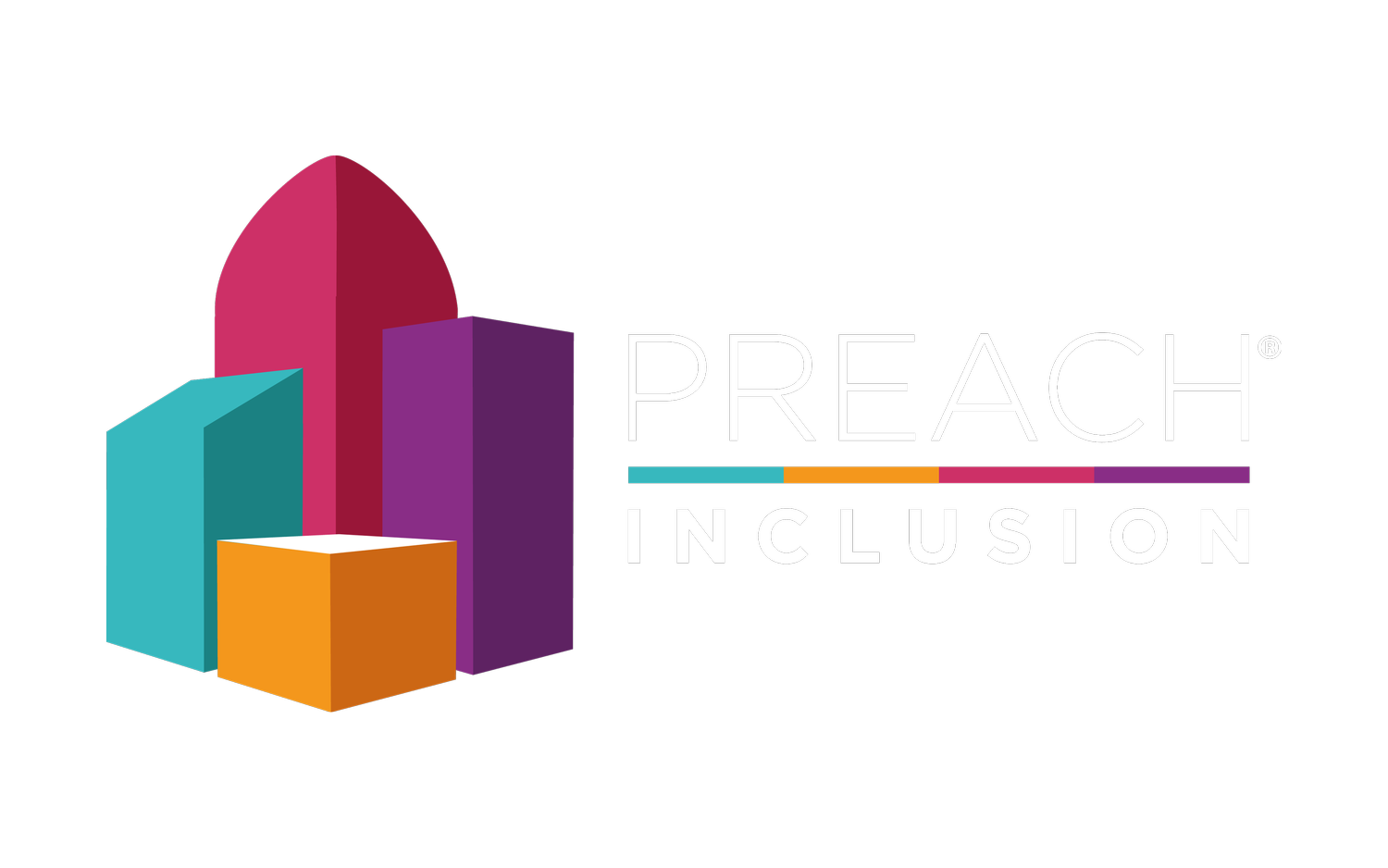Islamophobia Awareness Month 2024 – Seeds of Change
Islamophobia Awareness Month (IAM) occurs in November and is a campaign founded in 2012 by a group of Muslim organisations. It aims to showcase the positive contributions of Muslims as well as raise awareness of Islamophobia in society.
For 2024, the theme for IAM is #SeedsOfChange, with a goal to emphasise the importance of how small actions contribute to big changes. From having a conversation to making workplace adjustments, such actions can foster more inclusion and allow your Muslim employees to feel more comfortable.
In this blog, we discuss the many types of Islamophobic behaviours which can occur within the workplace and how you can take small actions to promote more inclusion.
What is Islamophobia?
To begin, it’s so important we define Islamophobia:
“Islamophobia is rooted in racism and is a type of racism that targets expressions of Muslimness or perceived Muslimness.” - APPG on British Muslims
There are many types of Islamophobia, such as verbal and physical attacks, which are frequently reported in the media. But this is only the tip of the iceberg, and the majority of Islamophobic traits are less visible, such as discrimination, stereotypes, exclusion and marginalisation, often issues which can occur in the workplace.
The statistics
According to data from the Office of National Statistics (ONS), in 2021, nearly 3.9 million individuals identified as Muslim in England and Wales, making up around 6.5% of the total 67.6 million population.
Yet despite being a relatively small, albeit growing, community, Muslims face some of the highest levels of religious hate.
Home Office data ending March 2024 showed:
- 38% of religious hate crimes recorded by the police were against Muslims.
- Over 70% of young Muslims in the UK who say they experience mental health struggles; also say they have been victims of Islamophobia.
- 42% of Mosques experienced a religiously motivated attack in the last 3 years and of those, 83% have been attacked at least once a year.
Furthermore, research by MEND (Muslim Engagement and Development) – a charity that seeks to tackle Islamophobia in the UK – found that those who appear visibly Muslim, such as women who wear the hijab or niqab, are likely to be targeted with both overt and covert forms of Islamophobia.
Islamophobia in the workplace
Often, we don’t realise the hidden forms of Islamophobia that takes place in the working environment. Here’s some examples:
- Making assumptions about religious festivals, such as Ramadan and Muslim’s who are fasting, not fasting and choosing not to fast.
- Refusing flexible working and annual leave requests during religious festivals.
- Not providing a safe space for prayer but then asking for workers to return to the office.
- Treating someone differently and discriminatory because they wear a headscarf or niqab.
- Only holding drinking socials and thereby indirectly excluding some Muslim colleagues from taking part, who may feel uncomfortable in attending these events.
- When holding team meals, you feel that providing Halal food is an inconvenience.
While many companies have made progress in policies and events for their Muslim employees, there is a still a long way to go in ensuring a truly inclusive and Islamophobic-free workforce. A recent report by Pearn Kandola on Antisemitism and Islamophobia at work (2024), found that many Muslims are faced with passive-aggressive behaviours when seeking time off work for prayers and feel they are merely ‘tolerated’, rather than fully accepted.
Without realising it, many people are unconsciously bias towards Muslim individuals, impacting their career progression, mental health and day-to-day interactions.
How you can make a difference
Here’s how can you plant some #SeedsForChange and ensure your Muslim colleagues feel welcomed and included.
Education over ignorance. Like with most things, we truly believe in the power of education. A large part of this is learning about Islam, the festivals, the principles and how this guides someone’s appearance and values, such as not drinking alcohol. Be curious, but not ignorant. After all, you can find out anything on Google.
Diversify your social events. Not all socials have to be centred around drinking. This not only alienates some Muslims but pretty much anyone who doesn’t drink or who feels uncomfortable around alcohol.
Provide a quiet and private space for prayer. This is particularly important if you have a working policy swayed more towards being in the office. Ensure the prayer room is labelled clearly and isn’t changed into a meeting or other type of room at short notice.
Respect flexible working requests. Be sure to honour and allow more flexible working during certain religious periods, such as Ramadan, where fasting patterns require more flexibility.
Invest and act on anti-racism/Islamophobic training. Often being on the EDI journey is recognising that ‘you’ve not cracked everything’ and that there’s still a long a way to go. Accept that there may be times when uncomfortable training, such as anti-racism, may be necessary to help understand unacceptable behaviours.
We’ve discussed many of these areas before, take a look at our Ramadan blog for more specific support during Ramadan and our Faith and Religion guidebook for more general guidance on supporting those who follow a religion or faith.
To speak to PREACH Inclusion about our intersectional inclusion policies, please email hello@preachinclusion.com.

